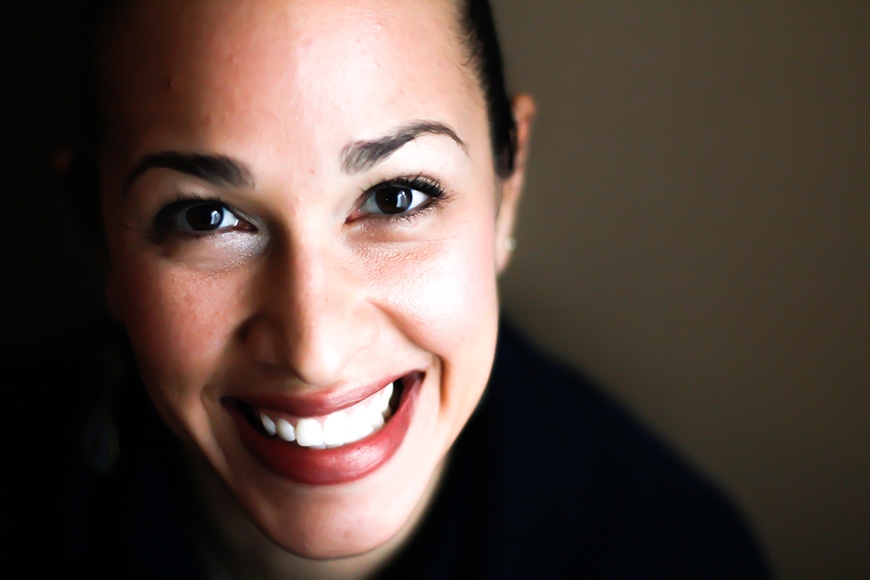The Academic Career: Sustaining Intellectual Curiosity for the Long Haul
Ariane M. Balizet (PhD 2007) has been a professor of English at Texas Christian University for 15 years, teaching Shakespeare and Renaissance literature at all levels, from first-year core classes to seminars for PhD students. Author of Shakespeare and Girls’ Studies (Routledge, 2020) and Blood and Home in Early Modern Drama: Domestic Identity on the Renaissance Stage (2014), she has been able to publish in her primary field but also “to branch out to fields and subfields that are new to me,” she notes. “Having the ability to pursue new and challenging scholarly projects has been invaluable in keeping my pedagogy fresh, and consistently reminds me that the university is (or should be!) an institution that promotes intellectual curiosity as a lifelong pursuit.” Balizet graciously answered our emailed questions.
What has surprised you most about your current position?
In recent years, I’ve had more opportunities to serve in leadership roles as associate chair of English, interim chair of Women and Gender Studies and Comparative Race and Ethnic Studies, and now Associate Dean for Faculty and Diversity, Equity, and Inclusion. I don’t know if anyone starts an English PhD with the long-term plan of becoming a university administrator, so the fact that I have found my time as associate dean and interim chair so rewarding has been a big surprise to me. I really enjoy learning about my colleagues’ research and creative work. One of the best things about life as an academic is that you are surrounded by new ideas and new ways of looking at the world.
What is most fulfilling or energizing about your work?
Even before I had “DEI” in my title, I spent a lot of time working towards DEI initiatives at my institution. As a woman of color, I found this work both rewarding and emotionally taxing, because so much of higher education is built around systems and practices designed to exclude BIPOC and LGBTQIA+ faculty and students. Serving as an associate dean has given me opportunities to change exclusionary practices, which makes me optimistic for the future of higher education.
What do you wish you had known as a graduate student?
I wish I had started thinking about my intellectual well-being much earlier. Life as a professor means ceaseless demands on your mental and emotional energy, but scholarly and creative work require uninterrupted time, reflection, and curiosity. Although it didn’t come naturally to me, planning my days and weeks around protected research or creative time has brought me more joy.
What advice would you give current graduate students considering or preparing for the academic job market?
You can’t have a life of the mind if you don’t take care of your brain. Give yourself time to rest, learn, create, and enjoy the world around you. You will have a long career comprising thousands of students and many scholarly projects. You will grow and learn beyond your dissertation, and you’ll find yourself teaching material that is new and exciting to students who are very different from you. Staying open to new ideas, methods, and approaches will make life as an academic more meaningful and rewarding.



